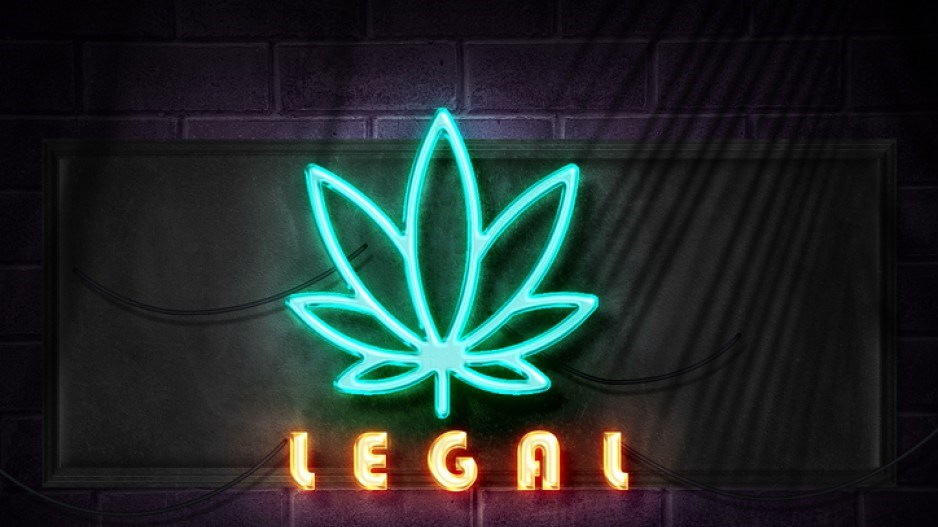Three years ago, the legal consumption of marijuana became a reality across Canada. Every Canadian province quickly established its own set of sales guidelines, even if it took a bit longer to properly commercialize offerings such as edibles and cannabis-infused drinks.
The topic of marijuana was barely mentioned in the last federal election campaign. When Research Co. and Glacier Media asked British Columbians this month about their views on the current state of affairs, more than three in five (62%) agree with the decision to allow cannabis sales in Canada, down eight points since a survey conducted in July 2020.
Cannabis is one of those rare issues where the views of British Columbians do not go through severe fluctuations according to age. We found that 67% of residents aged 18 to 34, 59% of those aged 35 to 54 and 60% of those aged 55 and over are in favour of the decision to legalize marijuana. The real differences appear when we review the ethnic origins of the province’s inhabitants.
The level of support for the legalization of marijuana reaches 72% among British Columbians of European descent. This leaves two significant demographic components of our society that are not as keen on the idea. Fewer than half of British Columbians of South Asian and East Asian origins (44% and 41%, respectively) agree with the decision to legalize cannabis.
One of the goals cited to justify legalization was the elimination of the “black market.” The numbers show that the efforts are starting to pay off, albeit not universally. This month, 39% of marijuana consumers in the province say that “all” of their product was acquired at a licensed retailer, lower than the 51% reported in 2020 but higher than the 33% observed in 2019.
The province’s youngest adults are more likely to get all of their cannabis from a licensed retailer (49%) than their counterparts aged 35 to 54 (33%) and aged 55 and over (36%). Baby boomers were previously more likely to eschew marijuana stores, but their willingness to buy all of their product inside one has increased by six points in two years.
The “black market” is still there: 18% of marijuana consumers in British Columbia admit that none of their cannabis was bought at a licensed retailer. Still, this represents a six-point drop from the proportion reported in 2019.
It is also important to note that the number of new cannabis users continues to grow. In April 2019, 6% of British Columbians said they tried marijuana only after it became legal. The proportion jumped to 13% in October 2019 and stands at 16% this month. Many of these new consumers are aged 18 to 34 (28%).
The appetite to incorporate other illegal substances into the framework that currently governs cannabis remains low. Fewer than one in seven British Columbians believe it is time to legalize ecstasy (15%), heroin (14%), powder cocaine (13%), crack cocaine (11%), methamphetamine or “crystal meth” (11%) or fentanyl (10%).
Finally, the notion of administering “drug tests” to employees now that marijuana is legal remains popular; 60% of British Columbians say that companies should be allowed to do this. This number has not moved much over the past three years, showing that concerns about impaired labour have not diminished, even if support for legalization remains high. •
Mario Canseco is president of Research Co.
Results are based on an online study conducted from October 10 to October 12 among 800 adult British Columbians. The margin of error, which measures sample variability, is plus or minus 3.5 percentage points, 19 times out of 20.




